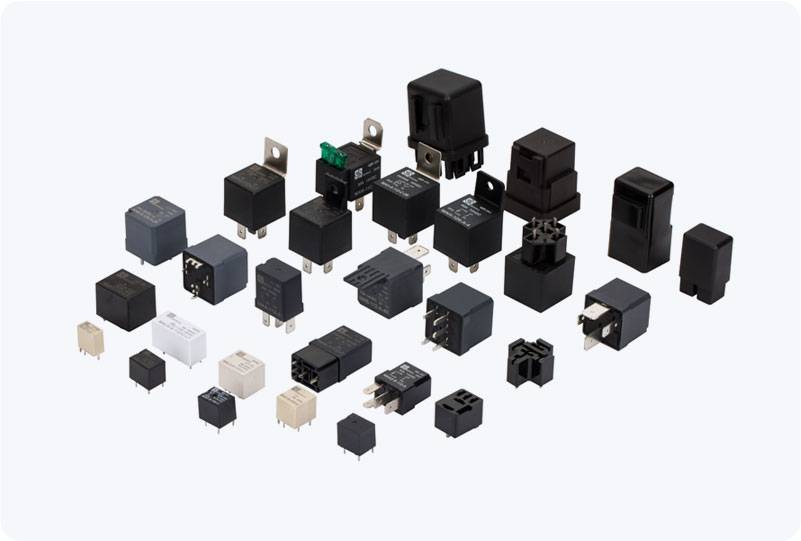ground fault protection relay: ensuring safety and reliability in electrical systems
Release time:2025-08-25 04:36:53
A Ground Fault Protection Relay is a critical device used in electrical systems to detect and mitigate the effects of ground faults. These faults, caused when a conductor makes an unintended connection to the ground, can lead to equipment damage, safety hazards, and operational disruptions. The relay plays a pivotal role in ensuring the safety of electrical installations by promptly identifying such faults and activating protective measures. This article explores the working principles, types, applications, and significance of ground fault protection relays.

1. What is a Ground Fault Protection Relay?
A Ground Fault Protection Relay is an electronic or electromechanical device designed to detect ground faults in electrical circuits. When an abnormal path for current is established between a live conductor and the earth, a ground fault occurs. These faults are particularly dangerous in high-voltage systems as they may lead to electrical fires, equipment failure, or even electric shock hazards. The relay continuously monitors the circuit for signs of ground faults and automatically triggers the circuit breaker or disconnects the faulty part of the system to prevent further damage or injury.

